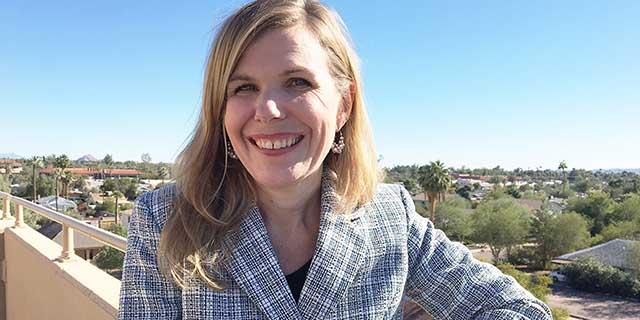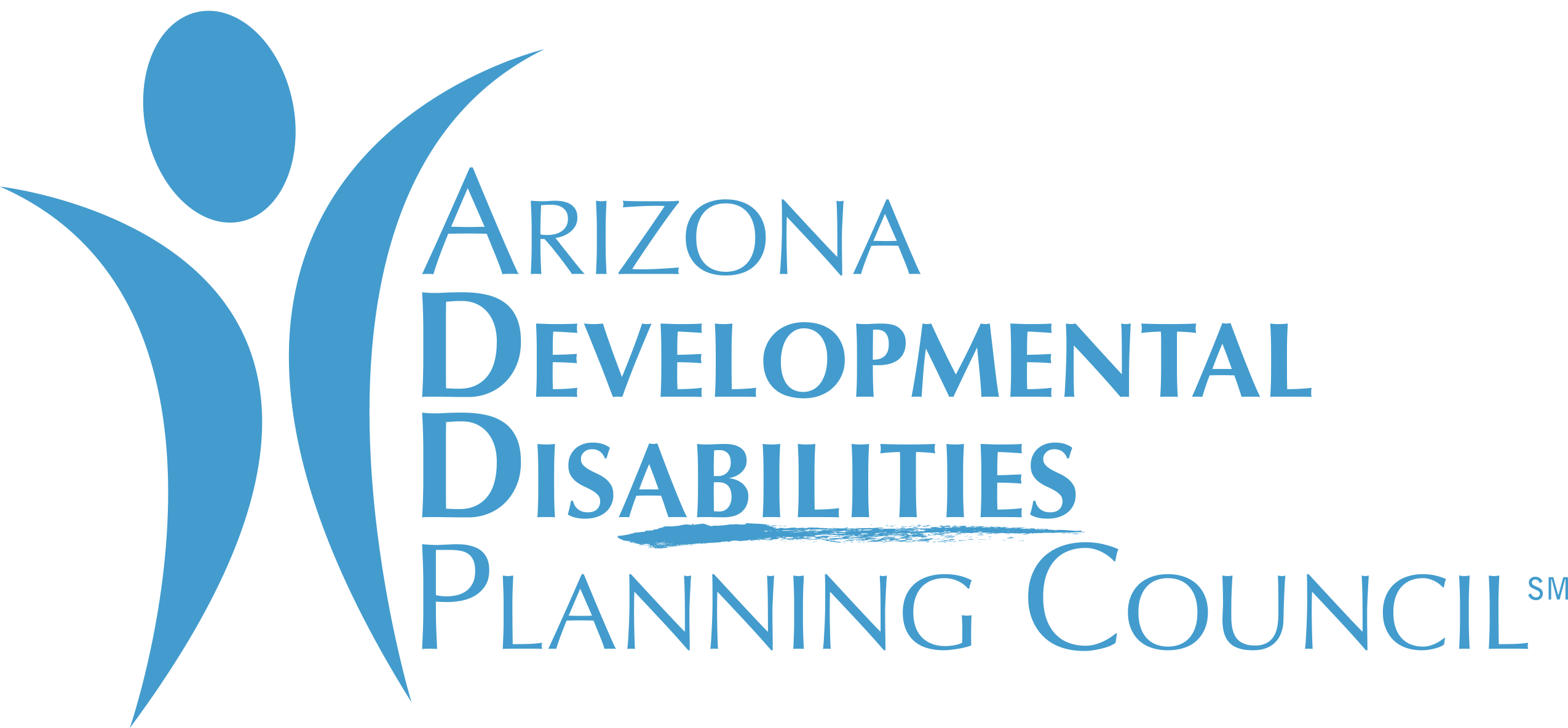Employment: Same old message isn’t good enough

by Erica McFadden, Executive Director
Insanity: (n.): doing the same thing over and over again, but expecting different results.
Now that October’s Disability Employment Awareness month has come and gone with little fanfare, we need to take a long hard look at ourselves in the mirror.
Year after year we are using the same strategies as employment and labor market participation rates for working age people with disabilities have remained stagnant. From 2009 to 2016, employment rates have hovered around 34 percent and only 40 percent of workers with disabilities were in the labor market at all. Insanity. This notion of “we’re getting better” is simply false.
So why do we keep doing it?
True, some people with disabilities just cannot work-- but that’s the minority, NOT the majority of people with disabilities. I believe we have all been complicit in perpetuating the stereotype that people with disabilities aren’t able to work and that is why we continue to fail.
There are several ways this bias for nonwork has been playing out as we sit by and watch.
- We fail to allocate enough state dollars to properly fund job programs for people with disabilities. While the federal government offers states $4 for every dollar spent, Arizona doesn’t receive the full federal match for its vocational rehabilitation programs.
- We continue to pay subminimum wages and no benefits to employees who could earn more wages and benefits in the community; and we do so without accountability and without offering real pathways for the providers to help them to do so.
- We continue to confuse choice with informed choice. If you were asked “do you want to work?” what would you say? Not surprisingly, many people with disabilities aren’t interested in working because we don’t expect them to. We never really show them what work is or what they are missing by not working. We have effectively lowered expectations under the guise of choice.
- Data indicate enrollment in Arizona day programs continues to climb while job numbers remain stagnant.
- We tell people with disabilities they can work and still get Social Security and Medicaid through work incentive programs. Yet many people don’t trust Social Security and won’t take the chance of losing what little money they receive. We know of their fears and have done nothing to address them.
- We aren’t doing a good enough job of educating employers about available tax credits and the general positive public perception of hiring people with disabilities, not to mention the tremendous benefits they bring to the workforce.
This bias is so insidious it has seeped into every nook and cranny of our system and society.
We MUST take responsibility for the part we’ve played in these failures if we are to make any meaningful progress.
So here’s our pledge to you: During the next year, the Arizona Developmental Disabilities Planning Council will take the following steps to stop the insanity:
- We will hunt down and feature leaders who are already engaged in successful disability employment initiatives – providers, businesses, families, workers with disabilities – and share how they did it.
- We will fund employer-driven models that train others how to hire people with disabilities and demonstrate why they make excellent employees, which is ultimately good for business.
- We will bring innovative training to agency staff and providers currently acting as career advisers and corporate recruiters of people with disabilities, and then help spread the word over successes.
- We will commission an economic analysis on how employing people with disabilities will impact Arizona’s GDP, providing an economic case for vocational programs.
- We will create opportunities for people with disabilities to enter into high-demand career fields.
- We will support more people with disabilities taking part in the statewide Employment First coalition.
Have additional ideas? Please send us an email here. Disagree with our conclusions? We’d welcome stories and solutions that prove them wrong, especially if there are positive outcomes.
It’s time we stop the insanity and give people with disabilities a real chance to pursue their own dreams. Let’s start by expecting more – but this time, really meaning it.






